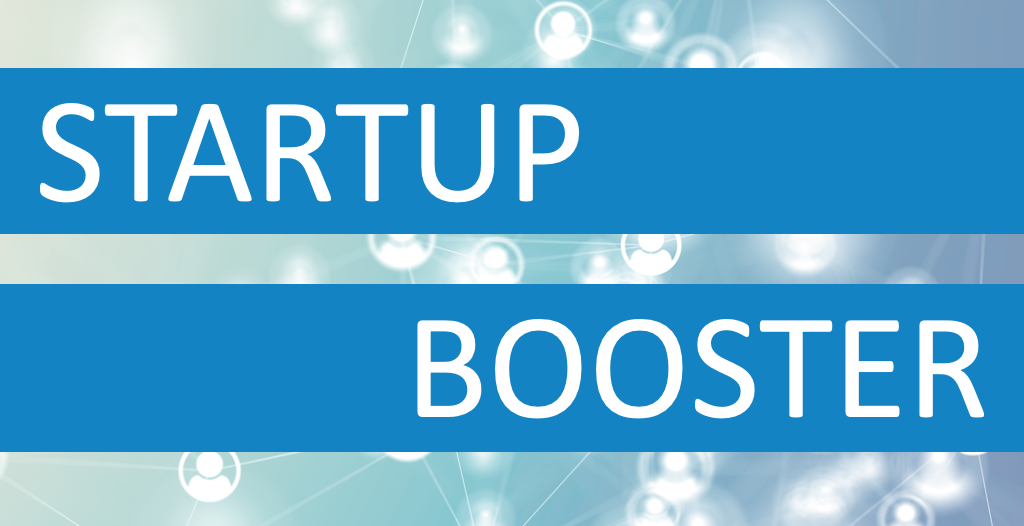Two years since the last in-person event, FinovateEurope returns to London over March 22-23, 2022. Book your ticket at early-bird rates or consider these options for joining the 12th annual European event.

New for 2022, there are two demo opportunities for FinovateEurope: digital and physical.
We’ll kick off on Tuesday, March 15 with a digital day featuring a limited number of virtual demos. Attendees will tune in through the ConnectMe event platform for live streaming and networking. Plus, the demos will be available on demand throughout the event.
On March 22, a second lineup of companies will demo in person at the venue. These demos will also be streamed to our virtual audience.
Digital Demo: March 15
– Prerecorded 7-minute demo streamed on March 15
– Event platform and networking app access to chat and schedule meetings with attendees
– Lead reports of demo views through the event platform and in the venue’s streaming lounge
– 30-minute one-on-one coaching for demo skills and format
– Video of your demo for your own use
– Demo video hosted on Finovate.com with 380,000+ visitors/year
– Chance to win the coveted Best of Show award
– And more!
In-Person Demo: March 22
– 7-minute demo at the venue during the general session on March 22
– Physical demo stand in the exhibition hall on March 22-23 + lead report of scanned attendees
– Event platform and networking app access to chat and schedule meetings with attendees
– Lead reports of digital and physical demo views
– Video of your demo for your own use
– Demo video hosted on Finovate.com with 380,000+ visitors/year
– Chance to win the coveted Best of Show award
– And more!
For full package details, click here.
Demo pricing varies by demo type, application date, and company category. Fees range from $2,795 USD to $19,995 USD — more details here.

Not ready to demo, yet? Join the Startup Booster program.
Startup Booster is designed for new startups seeking exposure, insights, and connections at Finovate events, but who are not ready to demo yet. There are two Startup Booster opportunities depending on your company’s goals for FinovateEurope 2022.
Participation in both is for fintech and tech startups who are less than 3 years old and have raised less than $1M USD. The Advanced Booster is limited to founders.
Startup Booster: £499
– Event access at special discounted rate (£499 per ticket)
– Event content + networking*
– Event attendees with unlimited meetings and chat
– Breakfast, lunch and networking refreshments
– Startup profile on the event website
Advanced Booster: £1,000
– Startup Booster package plus:
– 3-minute pitch video on event platform, marketed and shared with investor attendees
– Virtual booth on the event platform for attendees to contact founders
– Lead reports from the event platform (pitch video views, virtual booth visitors)
– Access to the Investor Networking Reception on March 22
Apply to the Startup Booster!
Take advantage of these opportunity to make connections with hundreds of the most influential people in fintech and apply as soon as possible. For questions, email [email protected].












